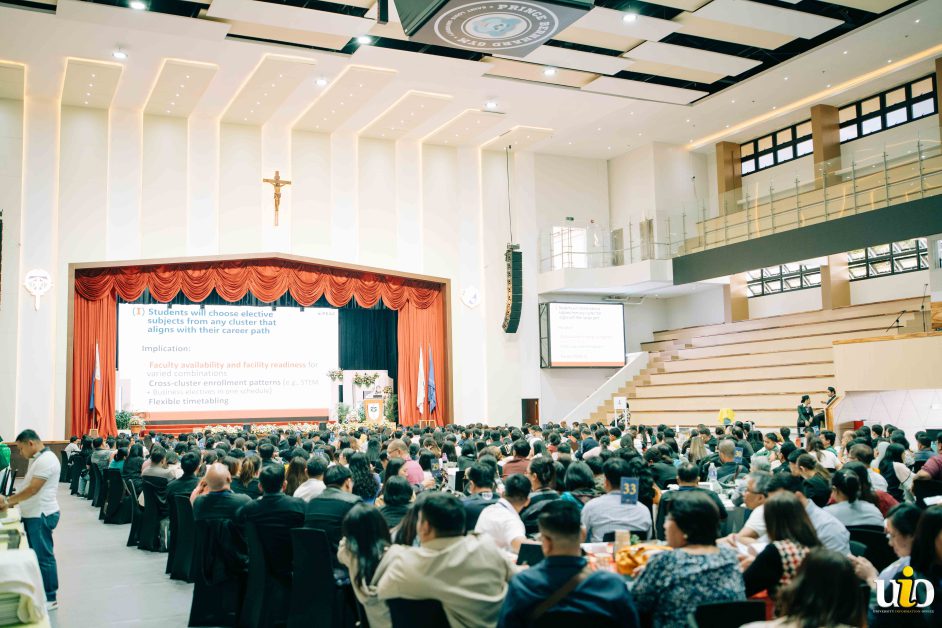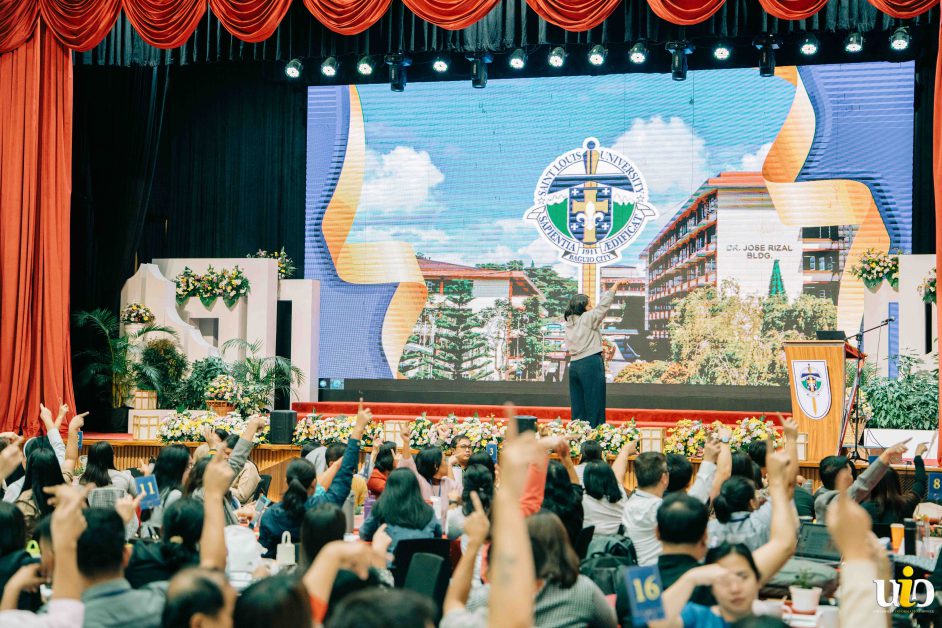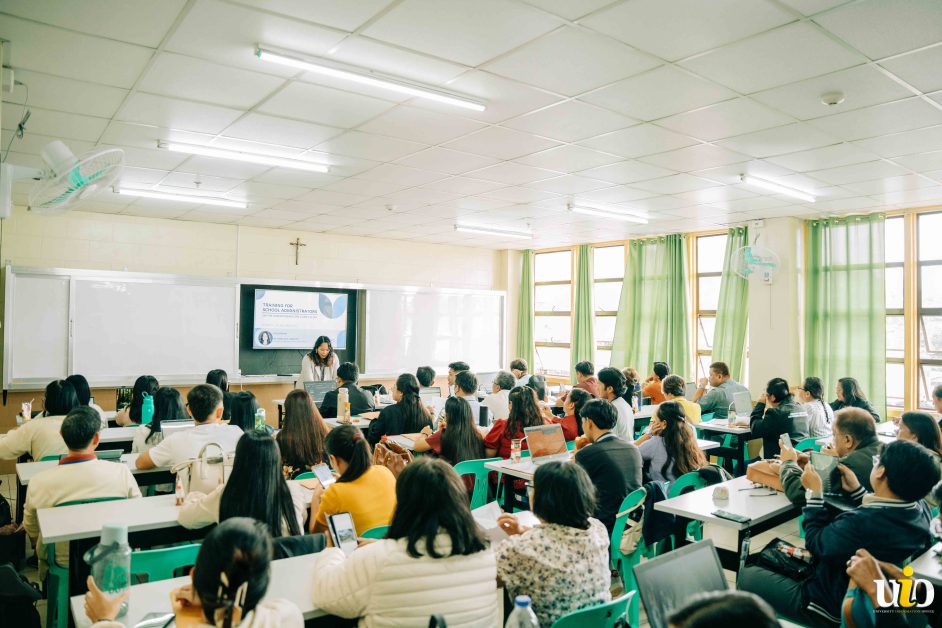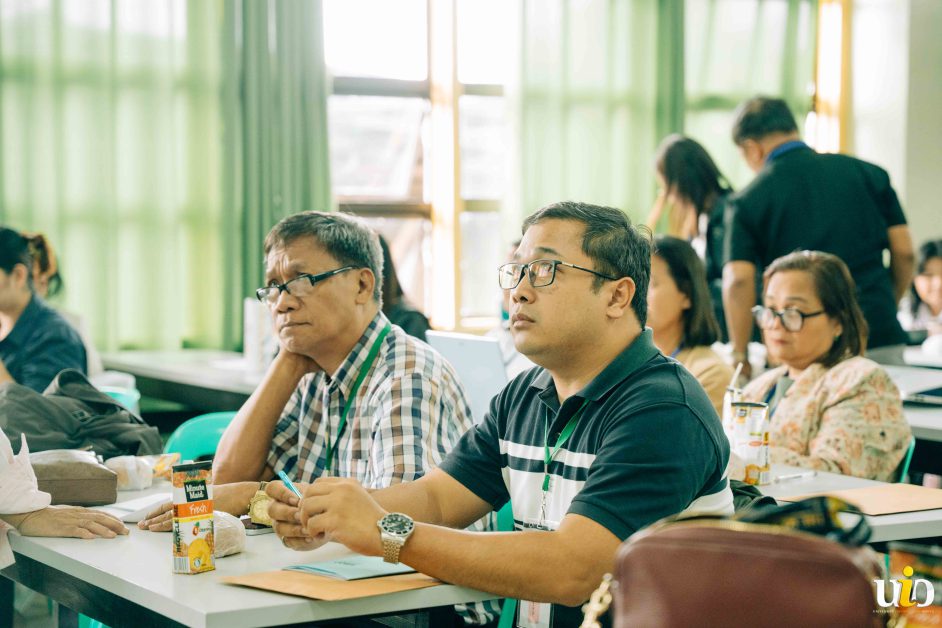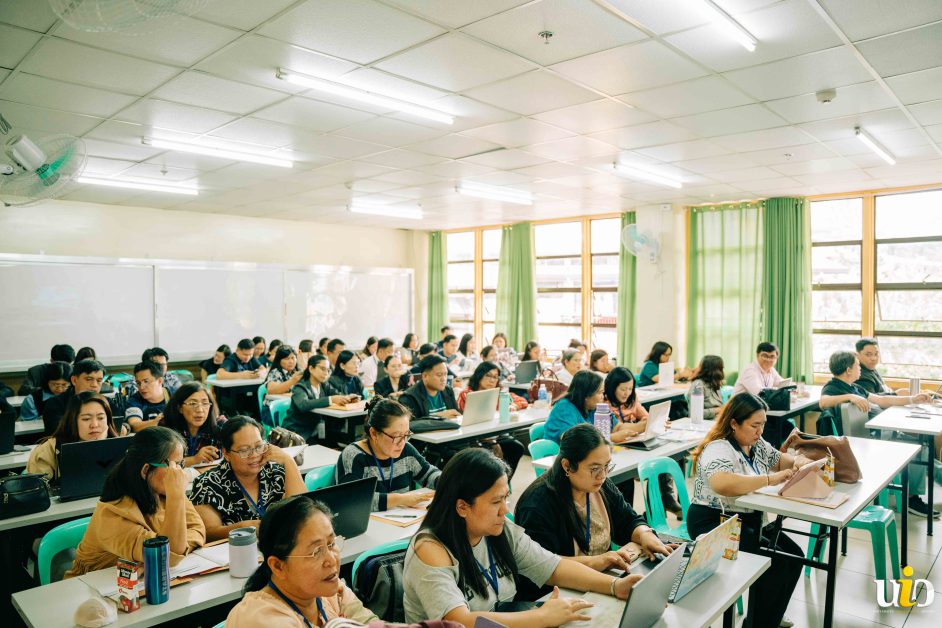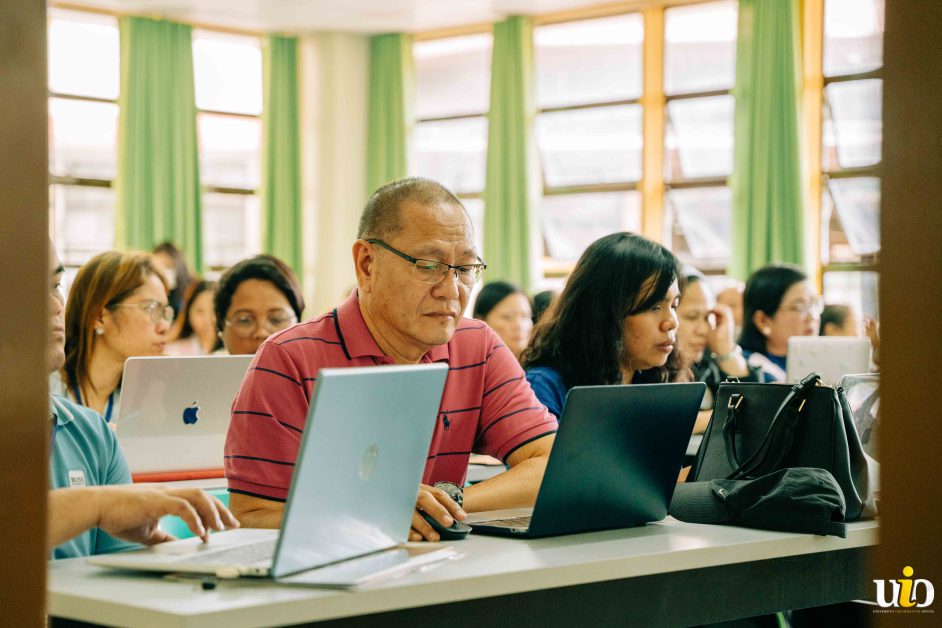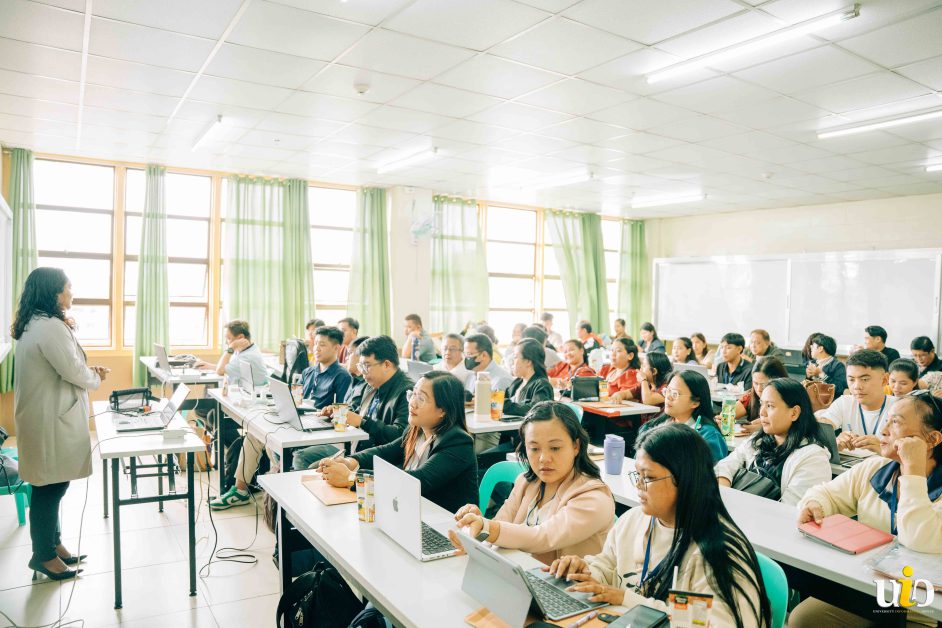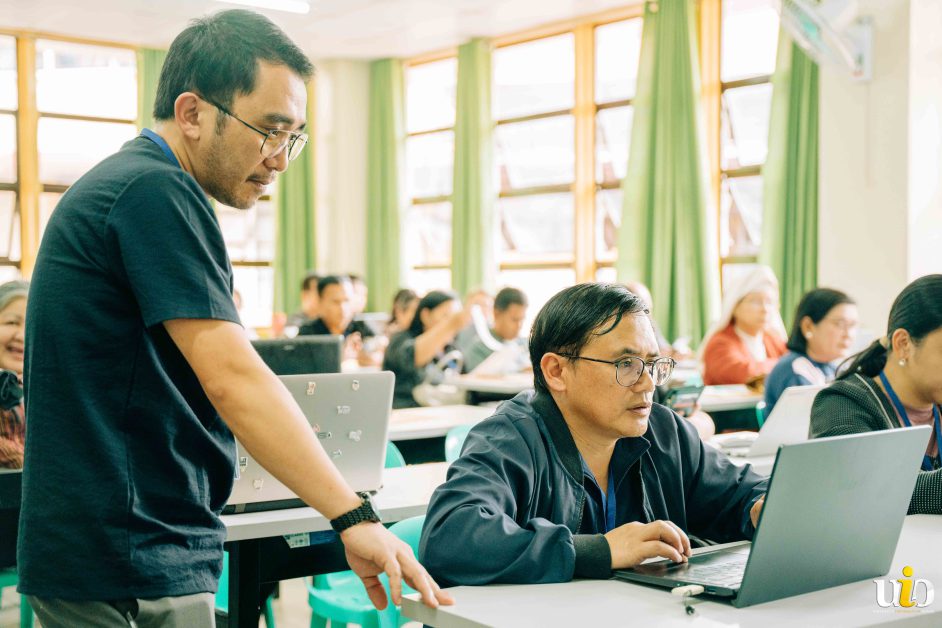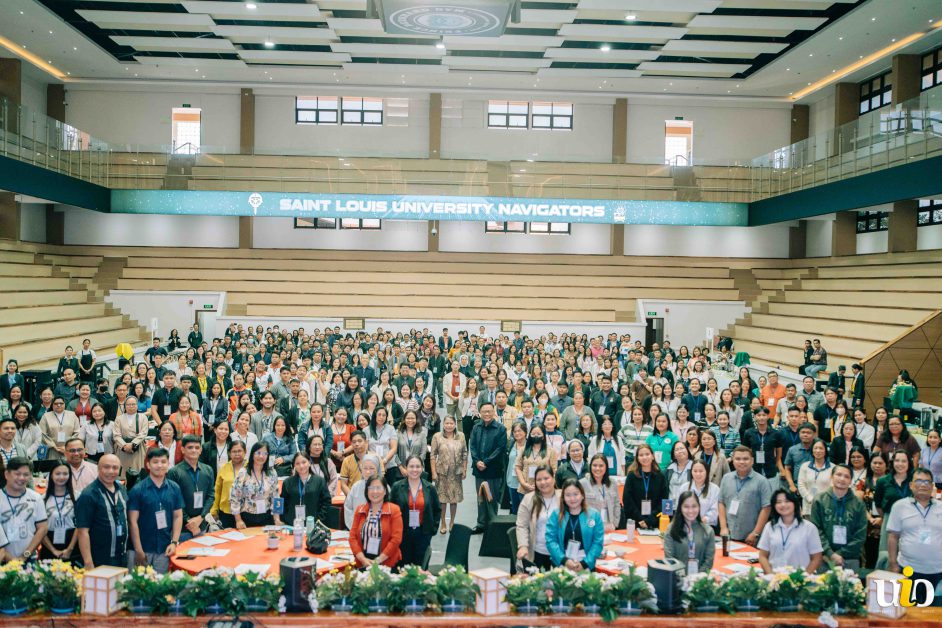Saint Louis University (SLU) has again positioned itself as a catalyst for continuous learning and academic excellence by hosting the Private Education Assistance Committee’s (PEAC) Training for Senior High School (SHS) administrators of private schools on 13 October 2025 at the Prince Bernhard Gymnasium, SLU Main Campus.
As the event host being the Regional Program Director of PEAC-CAR, Rev. Fr. Gilbert B. Sales, CICM, PhD welcomed 412 principals, directors, and department heads of private senior high schools from different regions. In his message, he emphasized the critical role SHS administrators hold in educational reform, saying, “So as we value today, we are united by a shared mission to ensure that our senior high school remains strong, relevant, and responsive to the evolving needs of my learners, and in the other way, changing the global educational landscape.” He underscored the qualities an administrator should have: visionary, grounded, confident, courageous, flexible, and empathetic. “As administrators, you are not merely managers. You are catalysts for growth and for guiding your institution towards excellence while ensuring that no learner is left behind in this time of transformation,” he said.
Moreover, Fr. Sales acknowledged the need for establishing strong industry and higher education new teachers to make schools more adaptive and future-ready. He explained that through these efforts, schools can be transformed into dynamic learning communities that prepare students, not only for work or study, but most importantly for life itself, urging everyone present to approach every session with openness and enthusiasm. Consequently, he encouraged the participants, “Together, let us affirm collectively responsibility to shape the future of education in our country.”
The INSET program that runs until 14 October 2025 aims to respond to DepEd’s reforms to the 2016 Senior High School Curriculum that aims to improve employability, expand student choices, simplify tracks, and create smoother learning pathways through the Strengthened Senior High School Curriculum (SSHS).
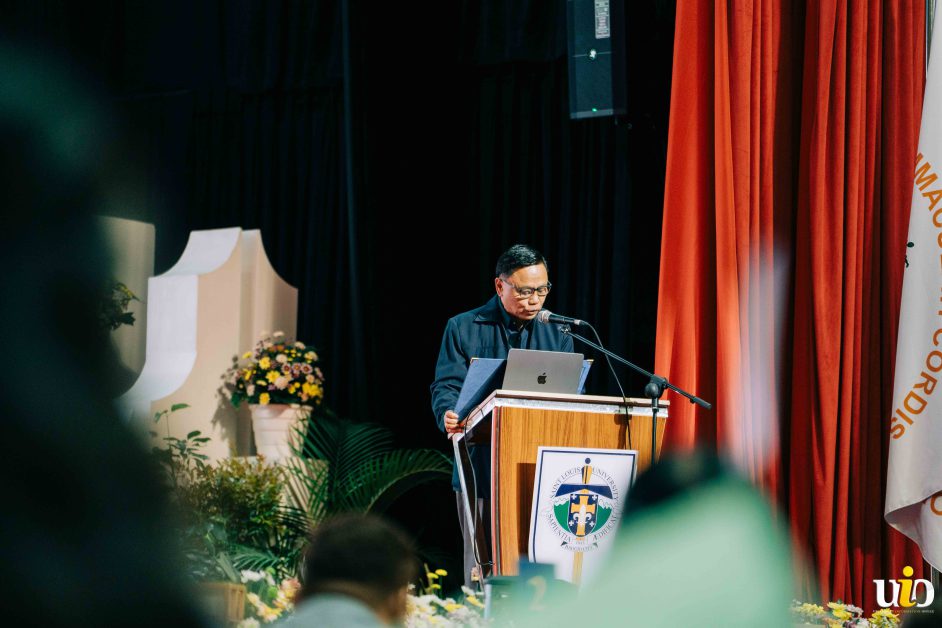
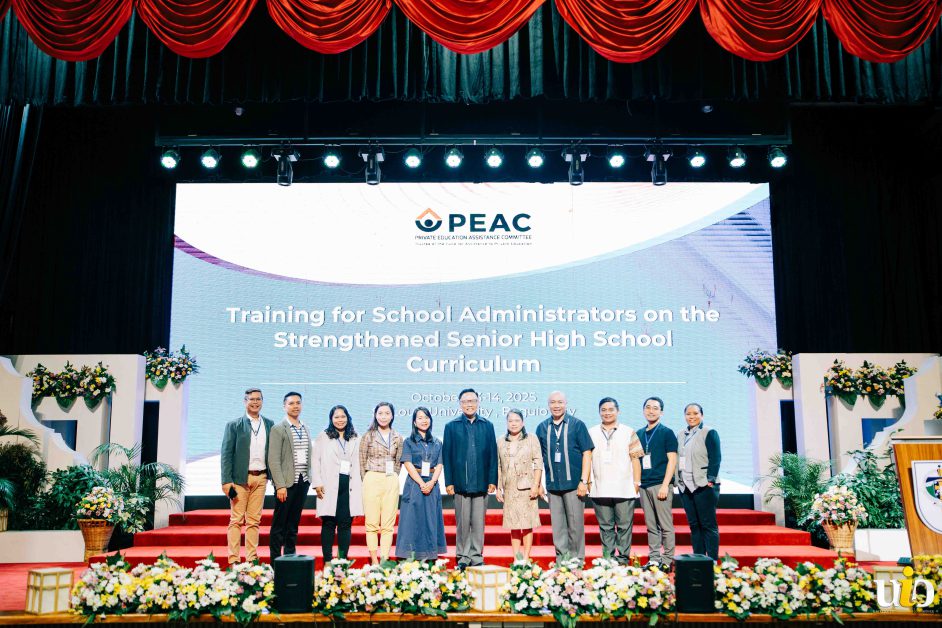
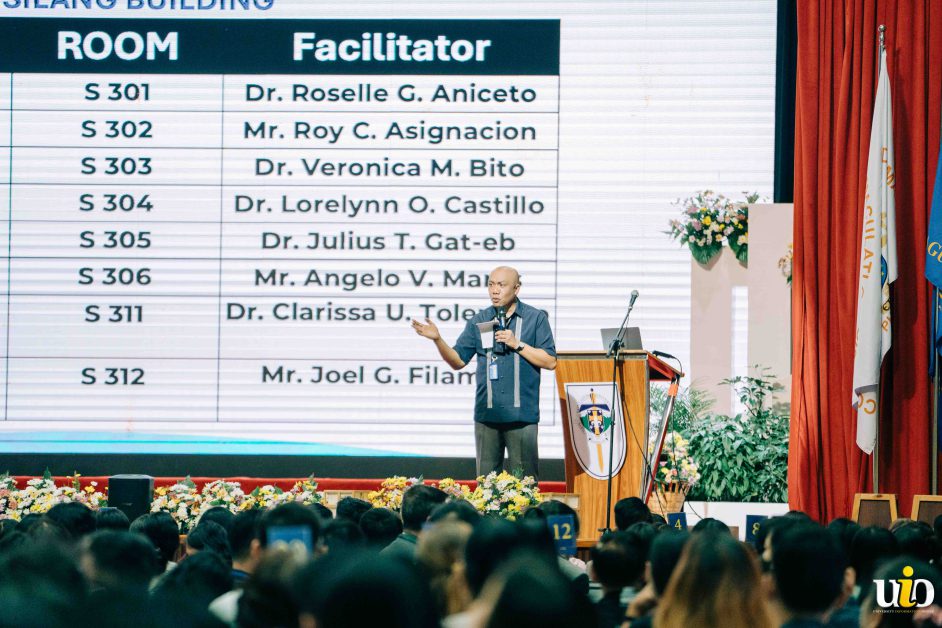
PEAC Regional Secretariat and Program Coordinator, as well as Executive Assistant to the SLU President, Joselito C. Gutierrez, PhD introduced Gina Lapaza-Montalan, PhD, PEAC SHS InSeT Program Consultant and Vice President for Basic Education at Ateneo de Davao University, as the resource speaker from the morning to the afternoon sessions, including the facilitators for the workshops for the Day 1 Plenary sessions.
The morning session began with Dr. Montalan’s presentation, which highlighted three key aspects: first, understanding the SSHS; second, the implications of the revised SHS Curriculum on the current academic operations of Private Senior High Schools; and third, strategizing the implementation of the SSHS to address its implications on these operations.
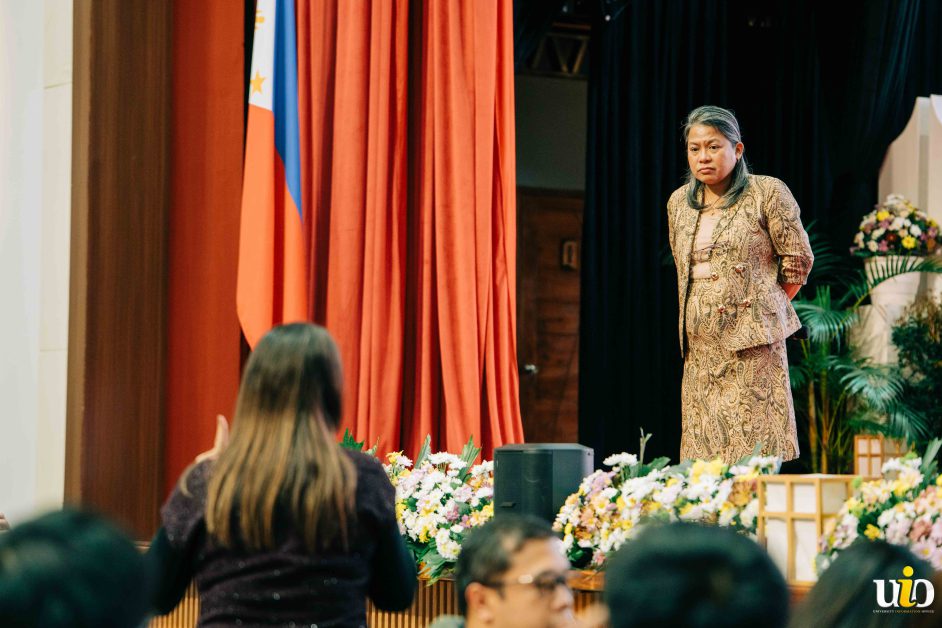
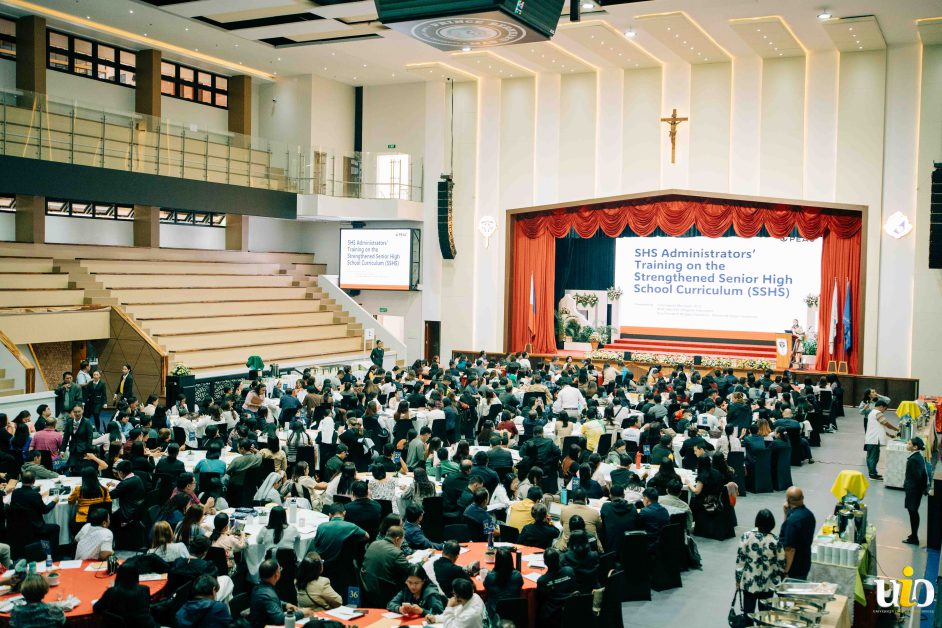
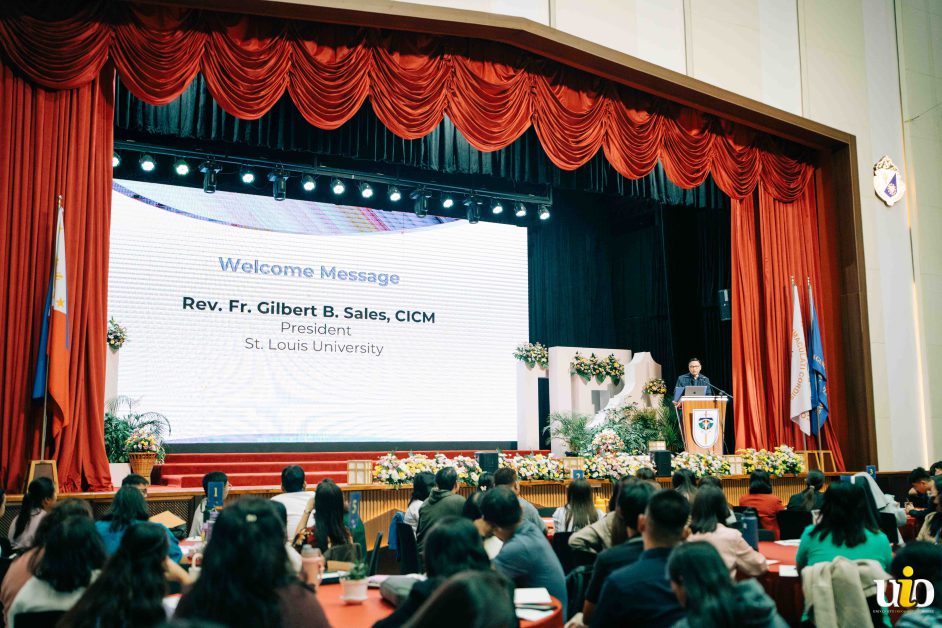
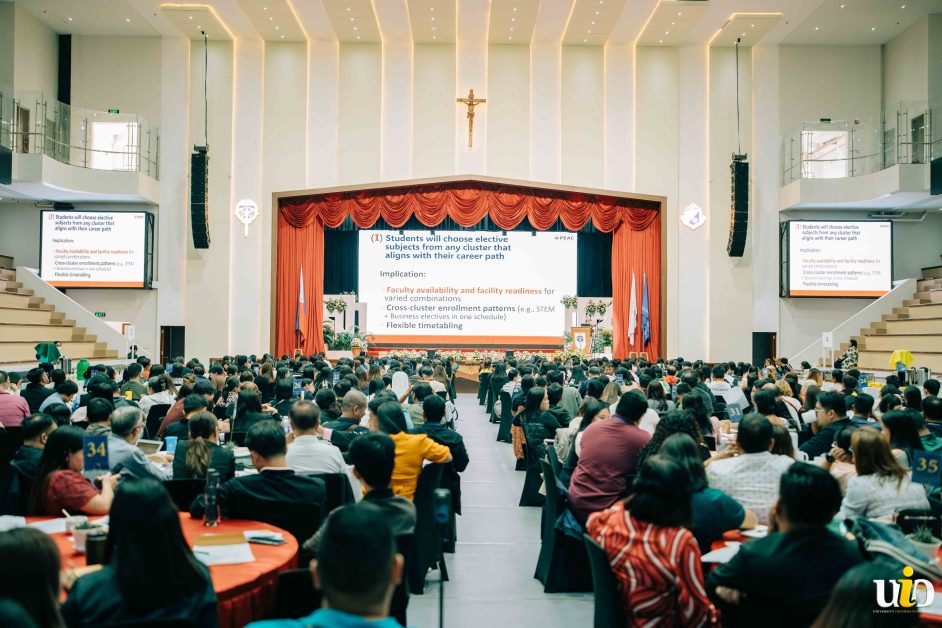
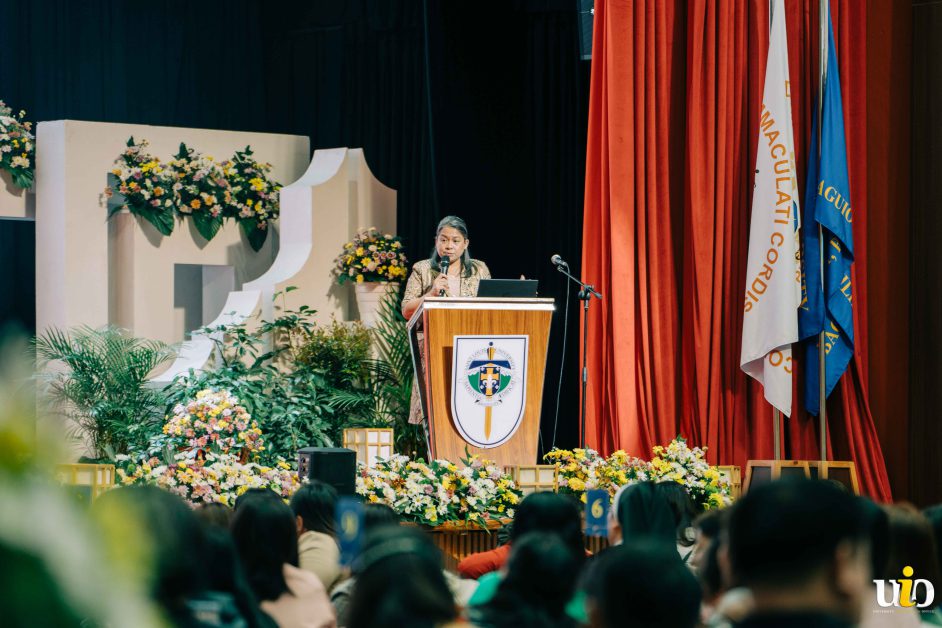
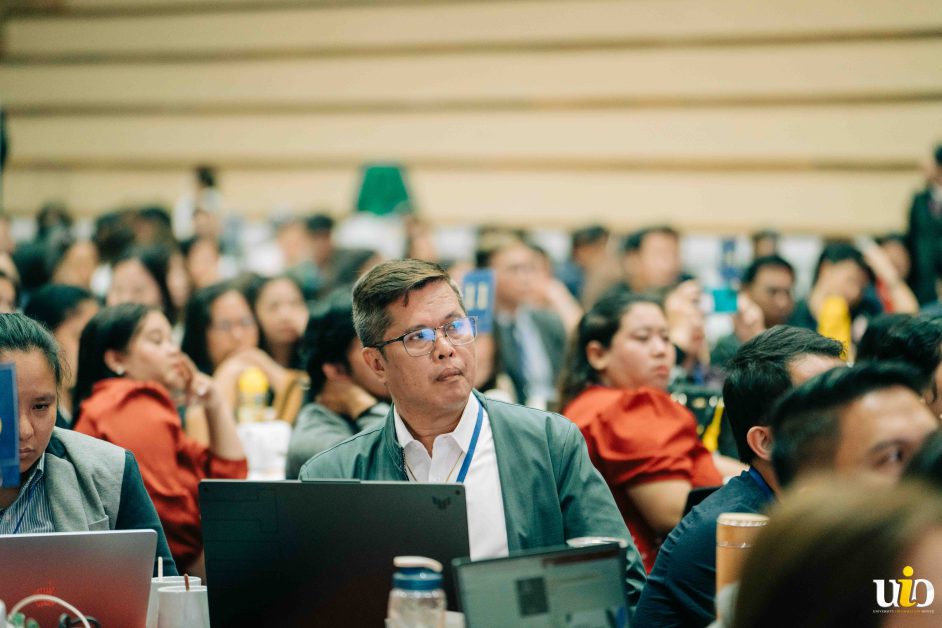
The meeting was then conducted that centered on discussing the features of the strengthened senior high school curriculum, focusing on structural changes and implementation protocols. The SSHS curriculum reduces the number of tracks from four to two: Academic and Tech-Pro, while applied and specialized subjects are now integrated into a new cluster called “electives” to reduce academic workload. Additionally, the 15 core subjects in the current curriculum are consolidated into 5 core subjects in the strengthened curriculum.
The afternoon session addressed the new senior high school curriculum’s implications and implementation. It emphasizes greater student choice through elective clusters replacing strands, requiring curriculum restructuring and teacher preparation for cross-cluster teaching. This encourages multidisciplinary involvement and promotes shared use of facilities among students and teachers.
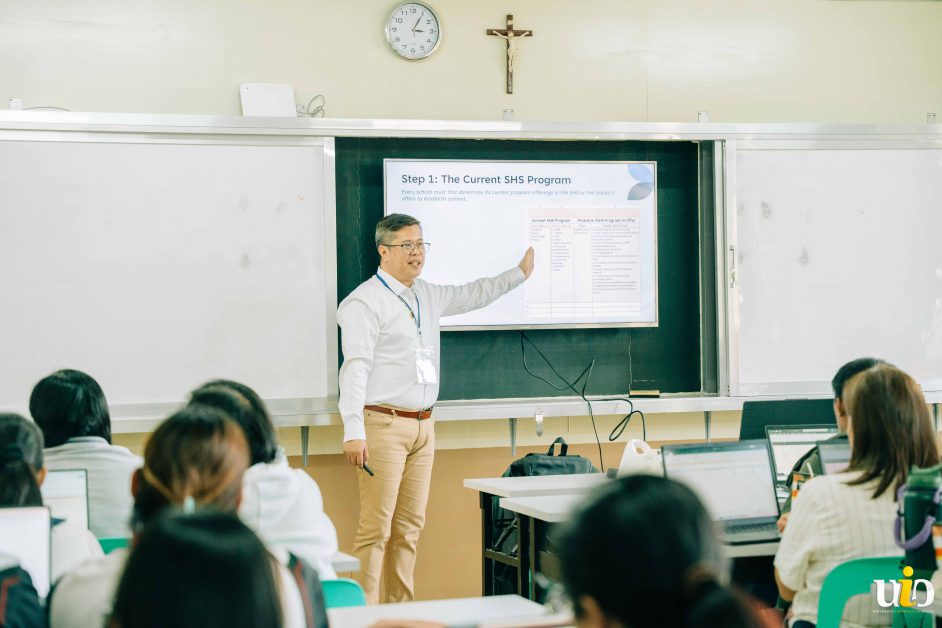
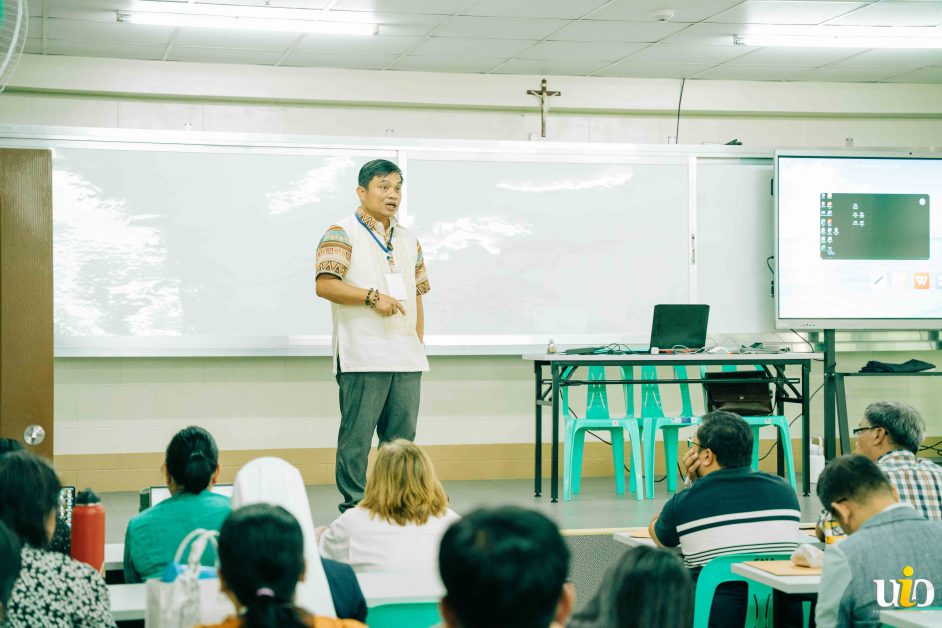
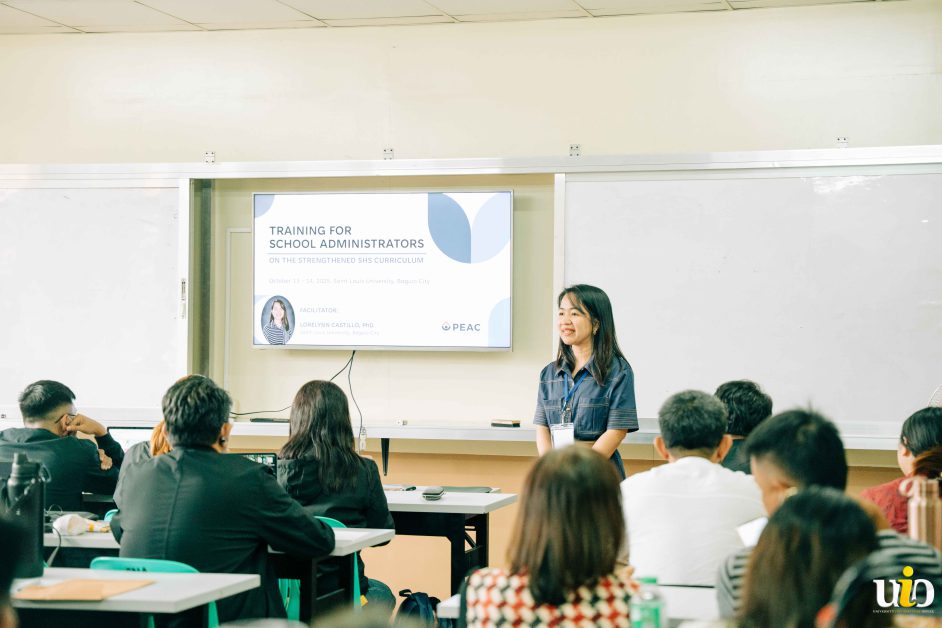
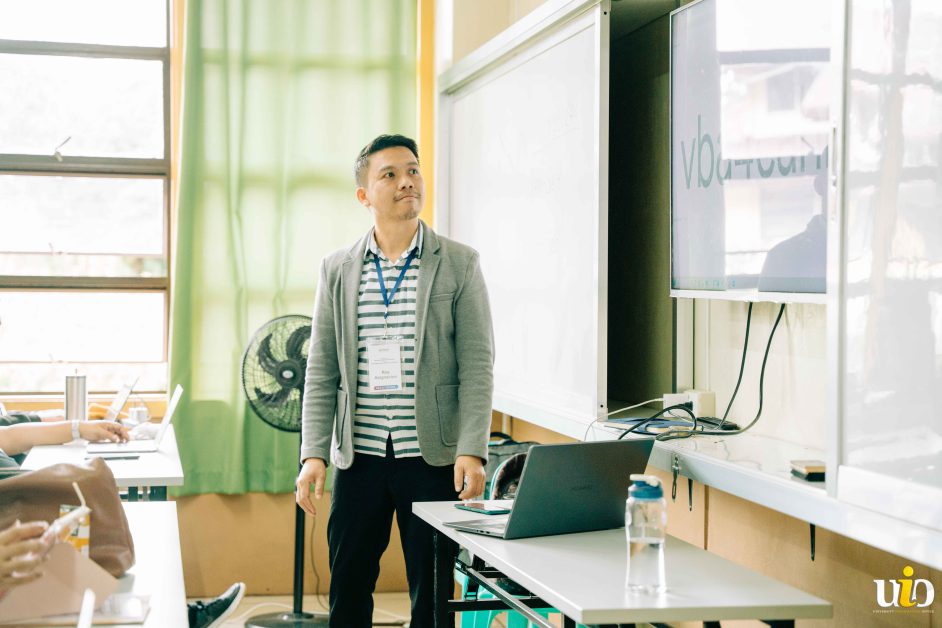
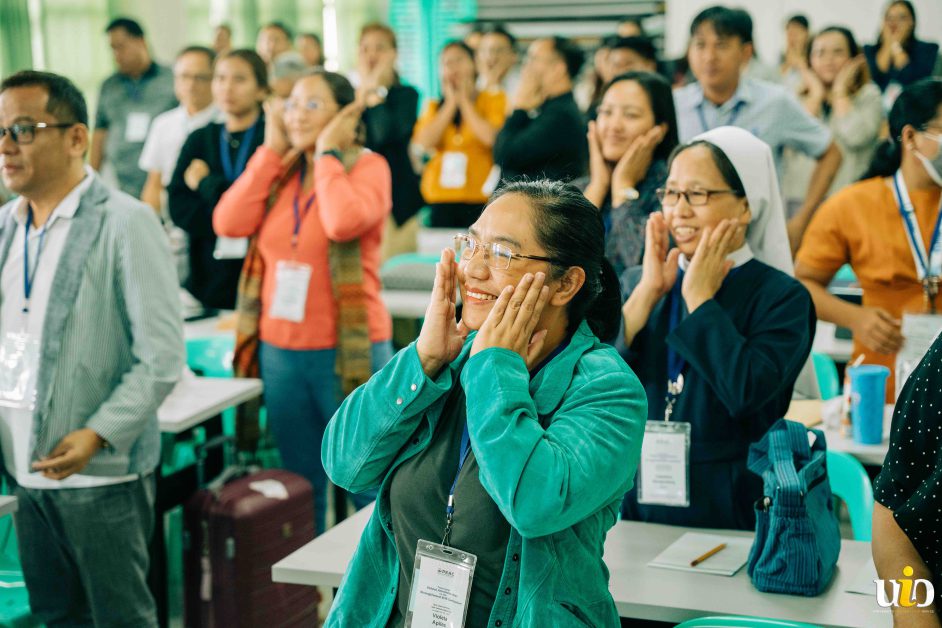
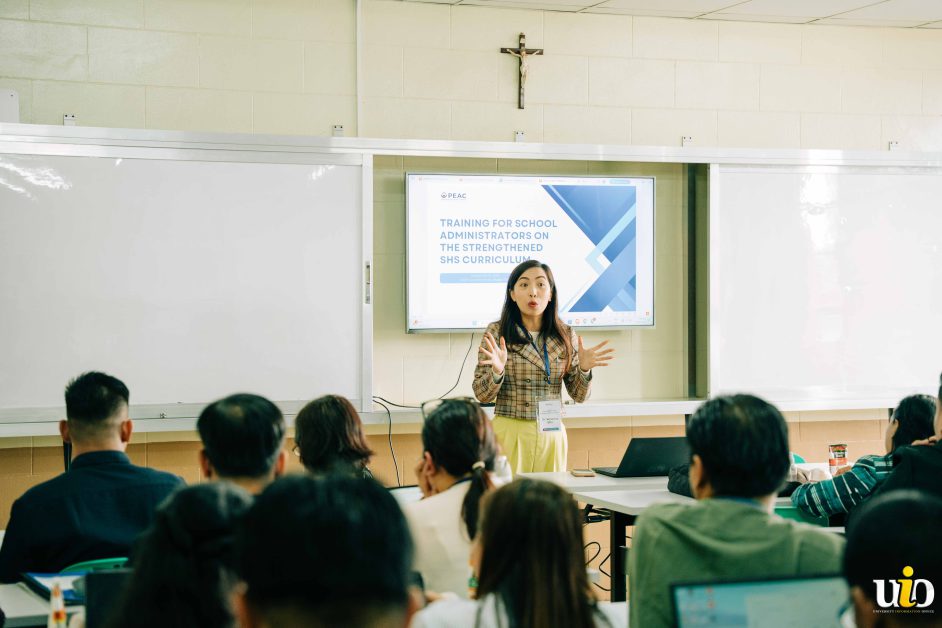
The workshops began shortly with facilitators from diverse academic institutions, namely:
- San Beda University (SBU): Mr. Joel G. Filamor;
- Saint Louis University (SLU), Basic Education Department: Mr. Roy C. Asignacion (SLU) and Lorelynn O. Castillo, PhD;
- University of Baguio (UB): Roselle G. Ancieto, PhD, Julius T. Gat-eb, PhD, Veronica M. Bito, PhD, and Mr. Angelo V. Manis;
- University of the Cordilleras (UC): Clarissa U. Tolentino, PhD.
PEAC commits itself to developing a specialized training program for SHS administrators in order to effectively coach school leaders in implementing the Strengthened SHS Curriculum (SSHS). Through the INSET program, PEAC creates a meaningful impact on the professional growth of private school educators, administrators, and school leaders from diverse regions, with participants coming from Regions I, II, III, V, VIII, the National Capital Region (NCR), and the Cordillera Administrative Region (CAR).
SLU’s contribution to this training program aligns with the university’s commitment to being an excellent missionary and transformative educational institution. This action abides by the United Nations Sustainable Development Goals, including Quality Education (SDG 4), and Partnerships for the Goals (SDG 17). (Article by: Catherine Rose Bondoc, UIO Intern | Photos by: Reijn Albert Vir Valdez, UIO Intern)

